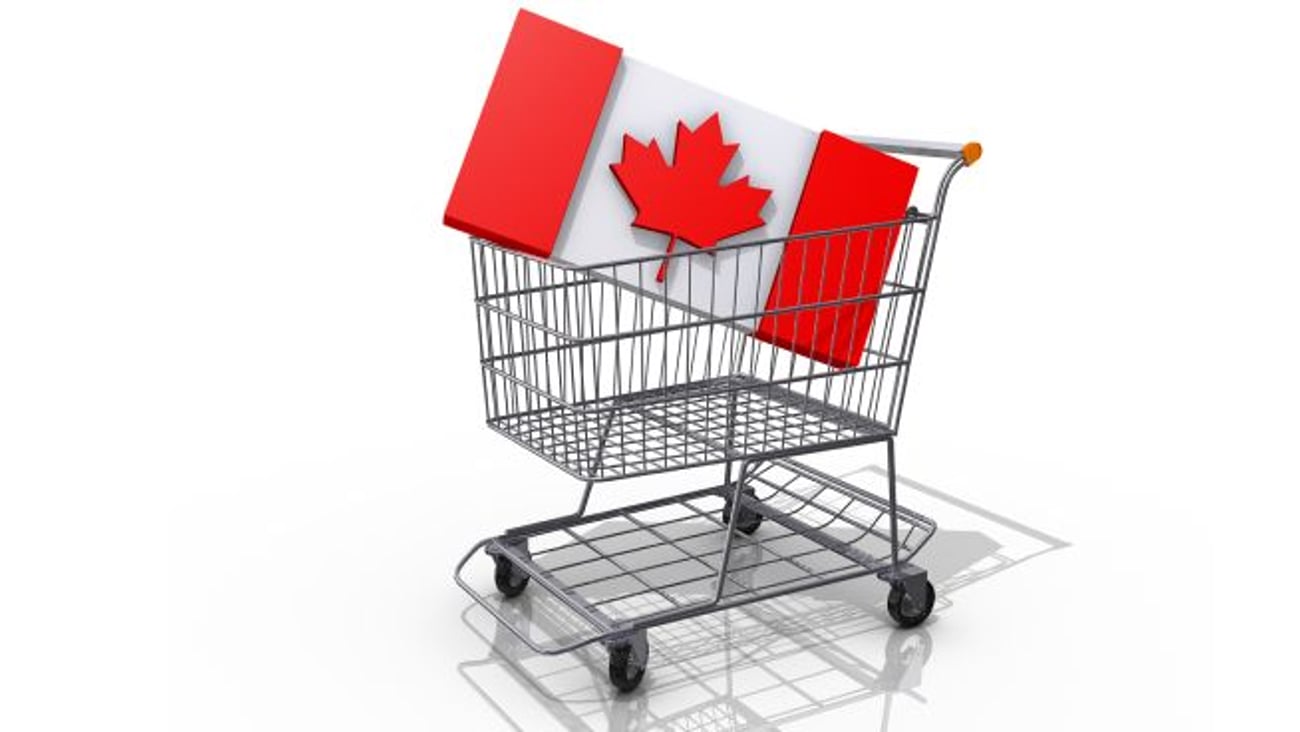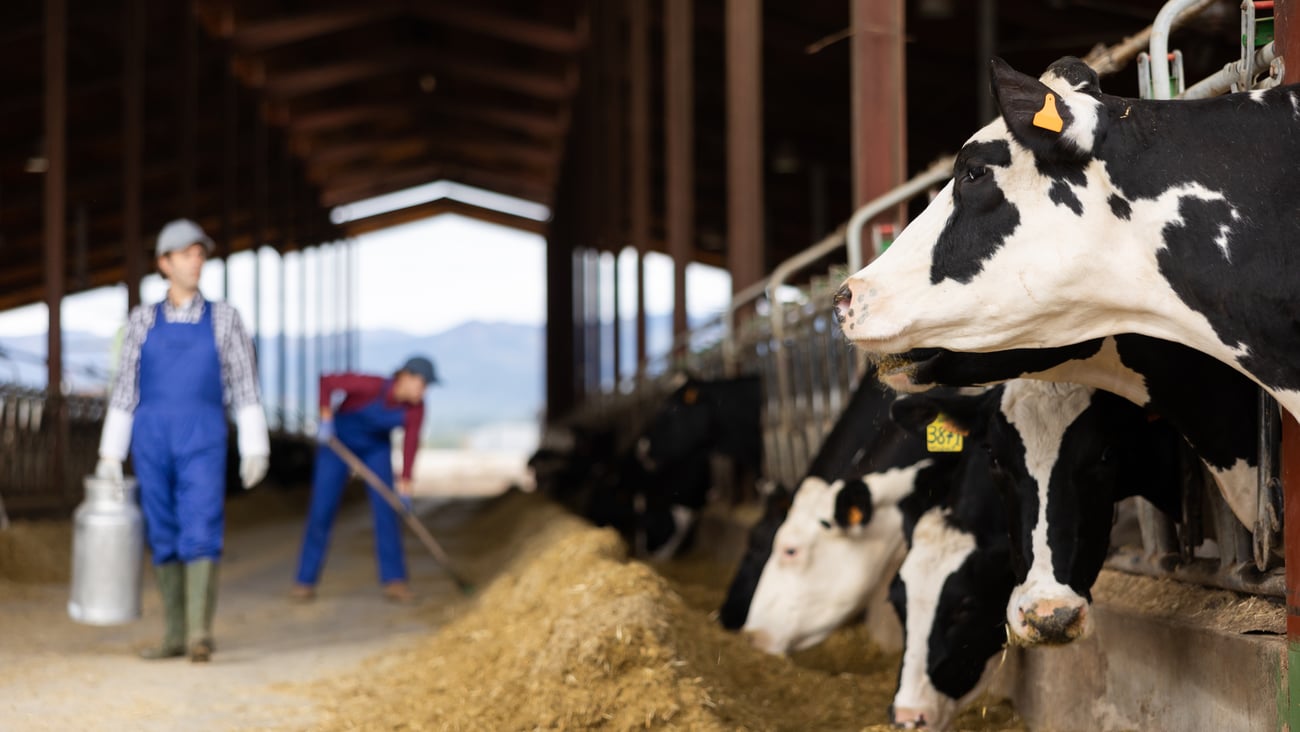Walmart vs. Visa: Bribing food consumers
Food politics are always a game of nuances. But between Walmart and Visa these days, nuances are few and far between. Visa’s latest campaign in Manitoba to offer $10 to whomever buys groceries using their Visa card certainly raised some eyebrows. Knowing that Walmart in Manitoba stopped accepting Visa cards as of October 24, the credit card company is aiming at the retailing giant where it hurts most: Its food retailing strategy.
Walmart clearly has stated that it intends to become the number one food retailer in Canada, as it is currently in the U.S. But the Canadian food distribution landscape is much different in that only three major companies feed most Canadians: Loblaws, Sobeys and Metro. So this may take a while. Walmart and Costco have made great strides in the marketplace in recent years, as both companies now have a combined market share of nearly 20 per cent. Walmart has capitalized on Target’s abrupt retreat from Canada and has grown even stronger, particularly in Quebec and British Columbia. Most importantly though, is the fact that the aim of nurturing food shopping habits is at the core of Walmart’s insurgence. Walmart wants to convert same-store sales into more food purchases to increase traffic -- and it’s working.
Walmart has been a successful enterprise over the years simply because of its commitment to data analytics in support of its impressive logistical capacity. Walmart simply does it better than most in North America. Margins are much easier to control and that is where Visa comes in. Earlier this year, Walmart made a surprising announcement of an audacious promise to stop accepting Visa at its more than 400 Canadian outlets. It did so feeling that Visa’s transaction fees were too high. Some reports suggest, nonetheless, that Walmart has so far only implemented its decision to ban Visa in Manitoba and Thunder Bay, due to discouraging sales results in the wake of this decision.. But Walmart intends to continue its march against Visa and will bully the credit card company to the end, just because it can.
Visa, on the other hand, has positioned itself as the ultimate protector of consumers, encouraging them to support retailers using Visa. It never mentions Walmart in its campaign in Manitoba, but we all know what it is about. And Visa picked food, of all product categories, as the focus of its campaign, which is telling.
As with Walmart, Visa is a data-driven enterprise and needs the market information from its sales at Walmart stores to get a comprehensive sense of the marketplace, because of Walmart’s sheer size. Walmart’s incremental boycott is a serious threat to Visa’s business model, not just for its financial implications. Access to market data is critical to Visa’s ability to operate. Reward programs are there for a reason. Credit in retail is a lifeline, and Walmart has enough power to re-channel how consumers get access to credit to buy almost anything. Converting consumers to other credit means will take time, which is why Walmart’s process in removing Visa from its stores is deliberately slow.
In the end, many companies want this partnership to work and would want both Visa and Walmart to go back to the negotiating table. But Visa’s stakes are much higher, beyond just its need for data. Banks, which are heavily invested in the credit card business, stand to lose millions if these two companies decide to part ways. That is not a scenario Visa wants to think about. Worse, if Walmart wins and gets to pay lower transaction fees, Loblaws, Sobeys and Metro are likely to be the next ones to ask for a reduction in these fees. And, other smaller outfits could ask for the same down the road. Consequently, it is not surprising to see how Visa has responded to Walmart’s boycott -- it is unprecedented, but not surprising.
Tensions in the food industry are nothing new. But to discourage consumers to visit a retail outlet by bribing them through food purchase incentives is most likely a first in Canada. Walmart is not without fault, like anyone else, but the company has been successful for a reason. It understands the data game and it is difficult to see how it could lose. Obviously, other major grocery chains are watching closely on the sidelines to see how all this will unfold. It may change how credit is used to buy food in general, and how grocers support customers looking for more loyalty rewards.
Walmart is making the normally obscure credit world in retailing a very public contest. Visa responded by making a political statement. Consumers using credit cards to purchase food are either looking for extra goodies beyond what the retailer can provide, or, regrettably, are using credit for lack of other financial options. The latter is a poignant fact of life and Visa is desperately trying to use this to its advantage simply because it doesn’t have a choice.
No one knows who will win this battle, but most would not like to bet against Walmart.




